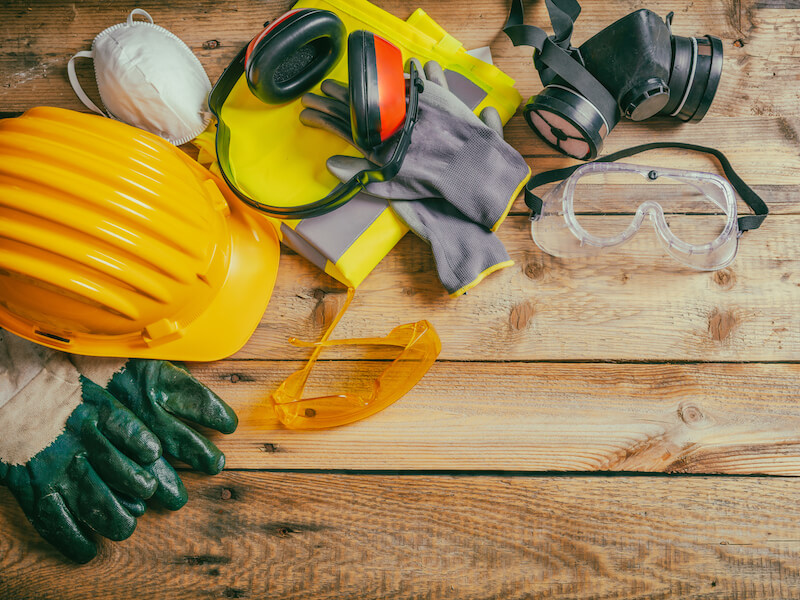
Each year, around 2 million workplace injuries are reported. Typically, we think about a hand caught in a piece of machinery or a flying projectile when we consider work-related injuries.
But there is a much more pernicious on-the-job injury that is even more prevalent and often unnoticed. It sneaks up on people really gradually over several years. The injury goes undetected until the symptoms become impossible to dismiss. People often make excuses. “It’s just part of aging” or “It’s a short-term problem”. This response is common.
And it’s unusual for people to even realize that their workplace is to blame for this injury.
Hearing damage is this insidious injury. There are some essential steps you should take if you recognize any of the numerous warning signs.
How Loud is Too Loud?
Sustained exposure to sounds louder than 85 decibels (dB) can trigger permanent damage to your hearing. For reference, a vacuum cleaner runs at about 75 decibels dB. A lawnmower delivers 85 dB. If you’re exposed to a chainsaw or leaf blower you’re experiencing 100 dB. A gunshot is around 140 dB.
How loud is your workplace? Is the most common workplace injury an issue for you? If you’re frequently exposed to noise as loud as a lawnmower, even if it’s not continuous, your hearing is likely to become damaged over time.
Hearing Damage Signs
If you work in a noisy environment, there’s no question you’re harming your hearing.
What follows is are early warning signs that you’re experiencing hearing loss:
- You can’t understand the person speaking if there’s background noise.
- Conversations sound muffled.
- When you speak with people you always think they are mumbling
- You confuse consonants – “Todd” sounds like “Dodd,” for instance.
- Your family and friends tell you your TV, radio, or computer tablet volume is too high.
- When people speak, you tend withdraw.
- You regularly ask people to repeat what they said.
- You hear ringing, whistling, or hissing even when it’s quiet.
- You feel pain when you hear loud noises.
What Are Employers Doing to Reduce Hearing Damage?
Businesses and organizations are using the most recent technology to reduce workplace noise in overly loud settings. Workplace noise will be reduced as new guidelines are being put in place by governments to safeguard workers.
Employees are speaking out as they become aware of the long-term damage that workplace noise is causing. With time, their voices will bring about further change.
Preventing Further Damage
If you work in a loud setting, the best thing you can do is safeguard your ears before any damage is done. Using protective earmuffs or earplugs on the job will help minimize potential damage.
If you suspect your hearing has been damaged by a noisy workplace, schedule a hearing test as soon as possible. You will learn how to counter additional damage when you find out how much hearing damage you’re dealing with. We can help you develop strategies to protect against additional hearing loss and deal with the damage you’ve already experienced.
